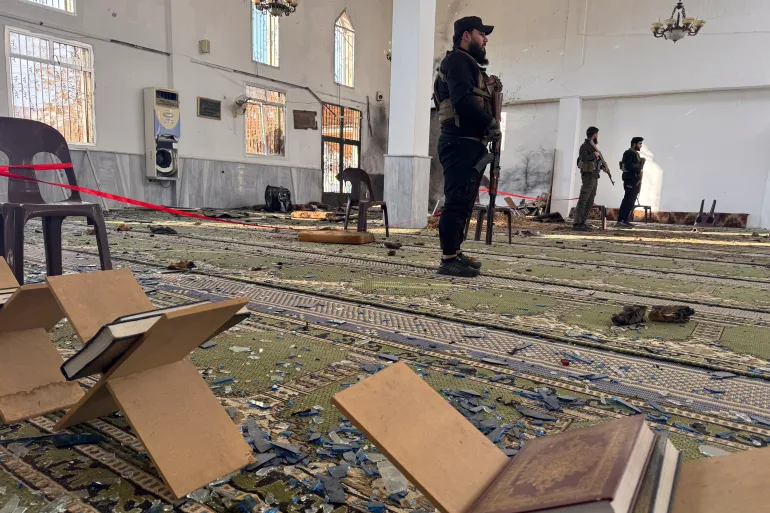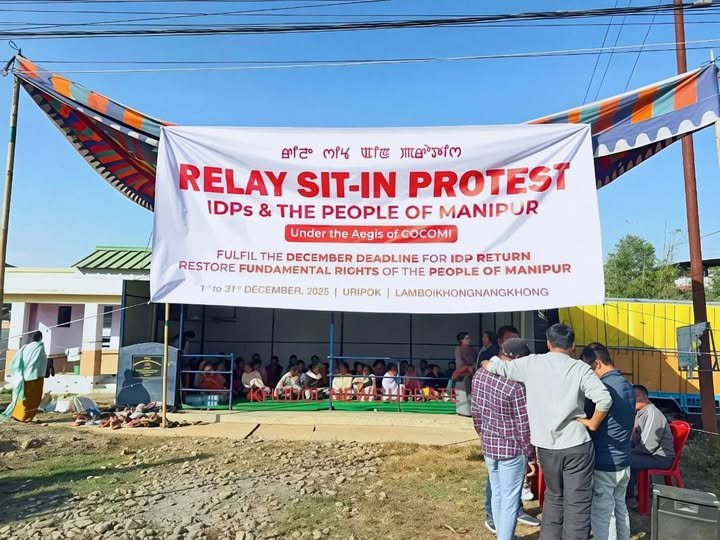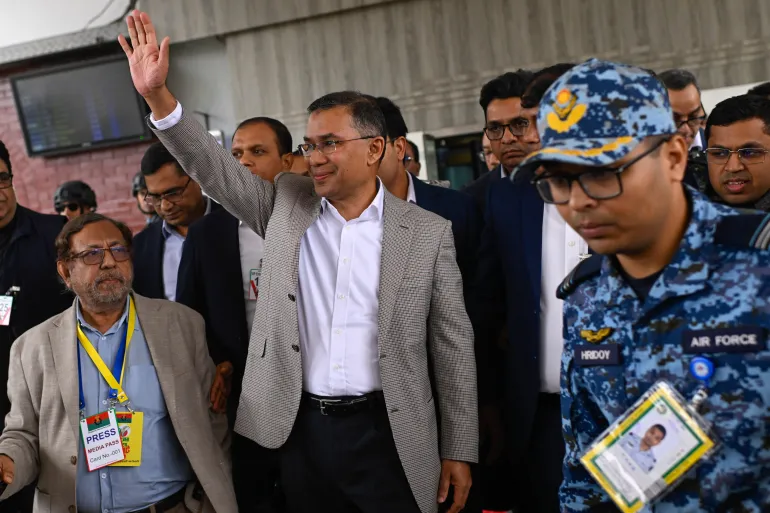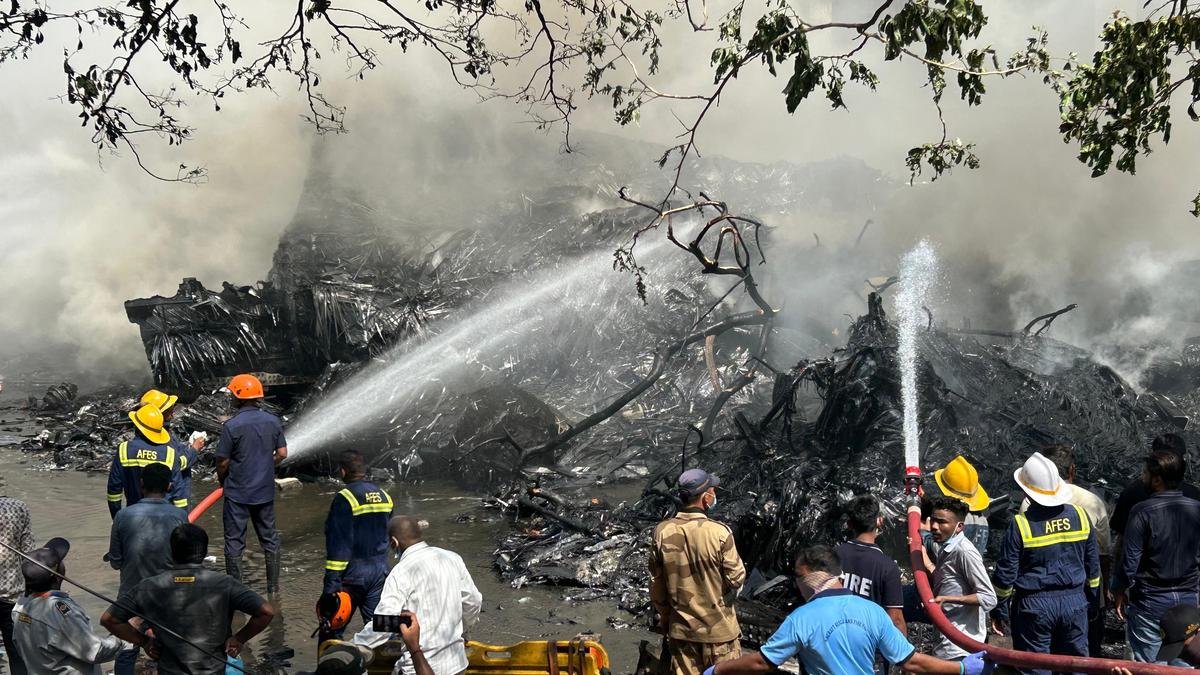Middle East on the Brink: Trump’s Ceasefire Deal Faces Collapse Hours After Announcement
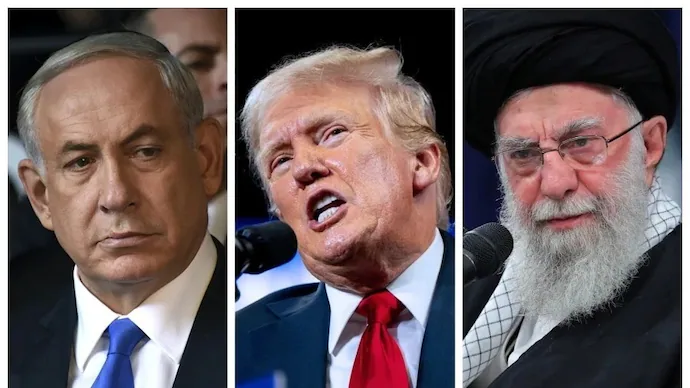
In a dramatic twist to one of the most dangerous confrontations in recent Middle Eastern history, former U.S. President Donald Trump announced a “complete and total ceasefire” between Israel and Iran. The declaration came just hours after American airstrikes targeted Iranian nuclear infrastructure, marking a significant escalation in a conflict already simmering on the edge of all-out war.
While the ceasefire was touted as a diplomatic breakthrough by the former U.S. president, events unfolding on the ground suggest that peace remains tenuous at best. Iran, despite its initial acknowledgment of the truce, reportedly launched further missile attacks after the agreed ceasefire deadline, plunging hopes of de-escalation into uncertainty.
The hostilities between Israel and Iran have intensified dramatically over the past two weeks. Israel’s repeated airstrikes on Iranian military and nuclear targets, including the Arak heavy water reactor, were followed by a barrage of missile attacks by Iran on major Israeli cities such as Tel Aviv, Haifa, and Beersheba. Civilian casualties have mounted on both sides, with critical infrastructure damaged and regional stability severely threatened.
Amid growing international alarm and internal U.S. pressure, Trump—positioning himself once again as a global dealmaker—stepped forward with a ceasefire proposal. According to his statement on social media, the ceasefire would unfold in three phases: Iran would halt all attacks immediately, Israel would observe a 12-hour cessation, and both parties would cease hostilities entirely by midnight the following day.
Despite the fanfare around Trump’s announcement, reports of continued missile fire from Iran just hours after the supposed ceasefire have cast serious doubt over its viability. Israeli authorities accused Iran of breaching the agreement and responded with targeted strikes on Tehran’s command-and-control facilities.
Defense Minister Yoav Gallant stated bluntly: “Iran cannot expect to fire missiles at Israeli civilians and then claim to support peace. This will not stand.” Meanwhile, Iran’s Revolutionary Guard denied launching any attacks post-deadline, claiming instead that Israel’s actions were “provocations intended to sabotage the ceasefire process.”
Such tit-for-tat claims have only added to the confusion, underscoring the deep distrust that has come to define the relationship between these two regional powers.
The human cost of the conflict is steep. Prior to the ceasefire announcement, Israeli strikes reportedly killed at least nine individuals in northern Iran, including a nuclear scientist, while Iranian missile attacks claimed the lives of four people in Israel’s southern city of Beersheba. Over 900 people have died in the conflict over the past twelve days, many of them civilians.
In Tehran, the streets remained tense as residents scrambled to secure water, food, and shelter, while in Israel, emergency sirens and Iron Dome interceptions have become a grim feature of daily life.
Politically, Trump’s maneuver has drawn mixed reactions. Supporters in Washington hailed his role as a peacemaker, while critics accused him of acting unilaterally and escalating the conflict for political gain. The Biden administration, while publicly supporting peace efforts, has remained cautiously distant from Trump's unilateral diplomacy.
Behind the scenes, Qatar has played a vital role as a diplomatic bridge. Qatari officials, trusted by both Tehran and Jerusalem, were instrumental in bringing both sides to an initial agreement. While the ceasefire may not have held firm, their efforts were widely acknowledged by observers as a key moment of progress in an otherwise bleak landscape.
U.N. Secretary-General António Guterres issued a cautious statement: “This moment, however fleeting, must be seized by all parties to step back from the brink. The world cannot afford another protracted war in the Middle East.”
Though a ceasefire has technically been declared, the facts on the ground suggest that conflict remains an ever-present danger. What was framed by Trump as a “total ceasefire” is rapidly revealing itself as a deeply fragile and volatile arrangement.
If both Iran and Israel fail to uphold their commitments—and if international powers do not apply consistent and balanced pressure—then the current truce may amount to little more than a temporary pause in a war with far-reaching consequences.
The world watches closely, not only because of the lives at stake, but because the outcome of this standoff may define the geopolitics of the Middle East for years to come.
While the ceasefire was touted as a diplomatic breakthrough by the former U.S. president, events unfolding on the ground suggest that peace remains tenuous at best. Iran, despite its initial acknowledgment of the truce, reportedly launched further missile attacks after the agreed ceasefire deadline, plunging hopes of de-escalation into uncertainty.
The hostilities between Israel and Iran have intensified dramatically over the past two weeks. Israel’s repeated airstrikes on Iranian military and nuclear targets, including the Arak heavy water reactor, were followed by a barrage of missile attacks by Iran on major Israeli cities such as Tel Aviv, Haifa, and Beersheba. Civilian casualties have mounted on both sides, with critical infrastructure damaged and regional stability severely threatened.
Amid growing international alarm and internal U.S. pressure, Trump—positioning himself once again as a global dealmaker—stepped forward with a ceasefire proposal. According to his statement on social media, the ceasefire would unfold in three phases: Iran would halt all attacks immediately, Israel would observe a 12-hour cessation, and both parties would cease hostilities entirely by midnight the following day.
Despite the fanfare around Trump’s announcement, reports of continued missile fire from Iran just hours after the supposed ceasefire have cast serious doubt over its viability. Israeli authorities accused Iran of breaching the agreement and responded with targeted strikes on Tehran’s command-and-control facilities.
Defense Minister Yoav Gallant stated bluntly: “Iran cannot expect to fire missiles at Israeli civilians and then claim to support peace. This will not stand.” Meanwhile, Iran’s Revolutionary Guard denied launching any attacks post-deadline, claiming instead that Israel’s actions were “provocations intended to sabotage the ceasefire process.”
Such tit-for-tat claims have only added to the confusion, underscoring the deep distrust that has come to define the relationship between these two regional powers.
The human cost of the conflict is steep. Prior to the ceasefire announcement, Israeli strikes reportedly killed at least nine individuals in northern Iran, including a nuclear scientist, while Iranian missile attacks claimed the lives of four people in Israel’s southern city of Beersheba. Over 900 people have died in the conflict over the past twelve days, many of them civilians.
In Tehran, the streets remained tense as residents scrambled to secure water, food, and shelter, while in Israel, emergency sirens and Iron Dome interceptions have become a grim feature of daily life.
Politically, Trump’s maneuver has drawn mixed reactions. Supporters in Washington hailed his role as a peacemaker, while critics accused him of acting unilaterally and escalating the conflict for political gain. The Biden administration, while publicly supporting peace efforts, has remained cautiously distant from Trump's unilateral diplomacy.
Behind the scenes, Qatar has played a vital role as a diplomatic bridge. Qatari officials, trusted by both Tehran and Jerusalem, were instrumental in bringing both sides to an initial agreement. While the ceasefire may not have held firm, their efforts were widely acknowledged by observers as a key moment of progress in an otherwise bleak landscape.
U.N. Secretary-General António Guterres issued a cautious statement: “This moment, however fleeting, must be seized by all parties to step back from the brink. The world cannot afford another protracted war in the Middle East.”
Though a ceasefire has technically been declared, the facts on the ground suggest that conflict remains an ever-present danger. What was framed by Trump as a “total ceasefire” is rapidly revealing itself as a deeply fragile and volatile arrangement.
If both Iran and Israel fail to uphold their commitments—and if international powers do not apply consistent and balanced pressure—then the current truce may amount to little more than a temporary pause in a war with far-reaching consequences.
The world watches closely, not only because of the lives at stake, but because the outcome of this standoff may define the geopolitics of the Middle East for years to come.
